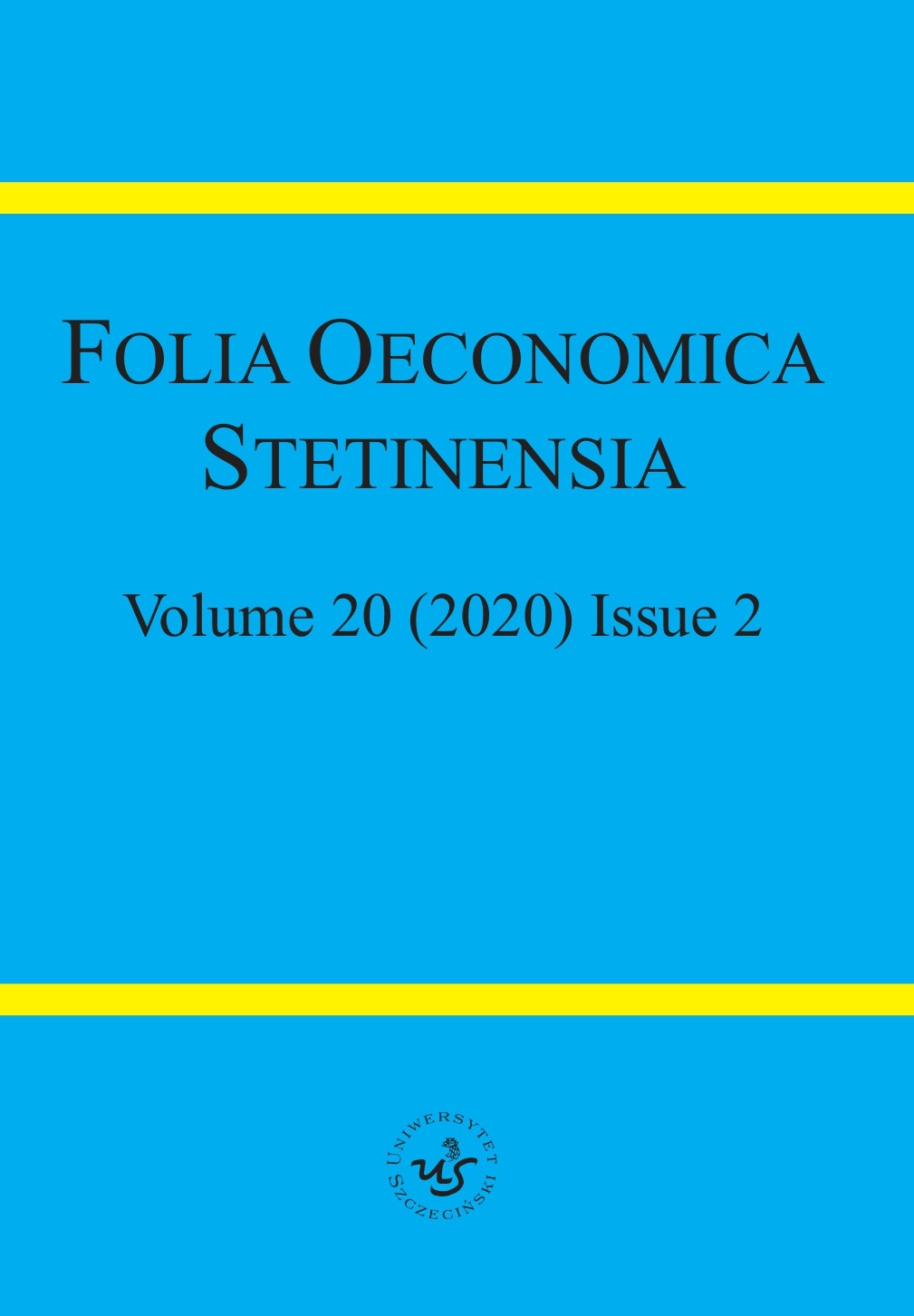South African Unemployment in the Post-Financial Crisis Era: What are the Determinants?
South African Unemployment in the Post-Financial Crisis Era: What are the Determinants?
Author(s): Lutho Mbekeni, Andrew PhiriSubject(s): Economy, National Economy, Sociology, Economic development, Public Finances, Socio-Economic Research
Published by: Wydawnictwo Naukowe Uniwersytetu Szczecińskiego
Keywords: unemployment; ARDL; financial crisis; South Africa
Summary/Abstract: Research background: High unemployment rates are one of the greatest economic challenges facing the post-apartheid South African government over the past two decades and this problem has become more worrisome in the post-global financial crisis period. Purpose: Our study examines the determinants of unemployment for the South African economy in the post-crisis period over a quarterly frequency period of 2009:Q1 to 2018:Q4. The determinants are examined for four classes of unemployment rates (total, male, female and youth) and we further partition possible unemployment determinants into fiscal, monetary and macroeconomic variables. Research methodology: We employ the autoregressive distributive lag (ARDL) models. Results: We find income tax, repo rates, economic growth, trade, investment, household debt and savings to be significant determinants of unemployment in the post-crisis South African economy and yet we note discrepancies of the significance of these determinants amongst different unemployment categories. Novelty: No study has examined the determinants of unemployment in South Africa in the post-financial crisis era.
Journal: Folia Oeconomica Stetinensia
- Issue Year: 20/2020
- Issue No: 2
- Page Range: 230-248
- Page Count: 19
- Language: English

